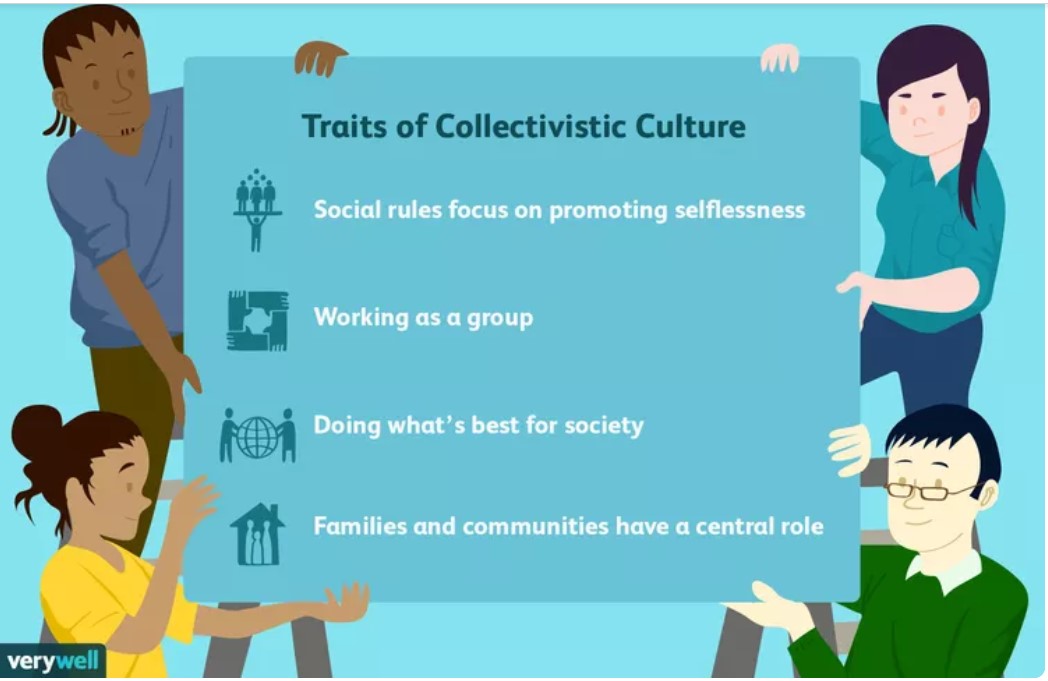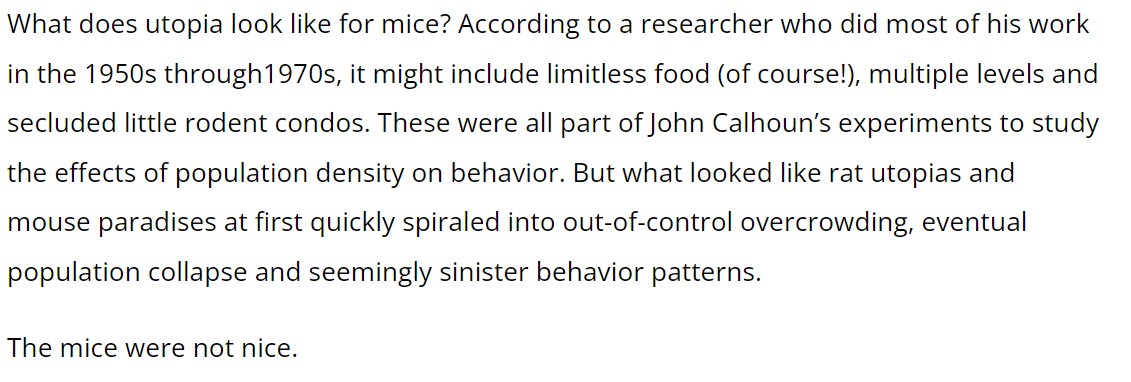In a recent post, it was suggested that the current state of affairs, probably a global phenomenon, was a conflict between collective communities and top-down governance. The conflict occurs as differences in lifestyle or circumstance becomes confrontational. Donald’s entire public strategy has been based on the subtle disrespect of the labor class by an educated, advantaged, and socially successful society – now assigned the moniker ‘woke’.
In that recent post, two examples were offered: NIMBY (Not In My Back Yard) and Native Americans, two smaller societies (collectives) who have direct conflict with the broader objectives of top-down governance. ProPublica, a highly regarded investigative news source, has provided a sense of the seriousness for the Native Americans. An excerpt is reprinted below:
“In May, Oregon Public Broadcasting and ProPublica reported on how the federal government’s neglect of an old and struggling hatchery system had put tribal fishing rights in jeopardy. The news organizations’ analysis showed that the outlook for fish survival was so poor that the hatchery system was at risk of collapsing under the strain of climate change, unable to produce meaningful levels of fish.
The federal government has announced plans to increase funding for the Columbia River Basin’s salmon hatcheries, the often-crumbling facilities that maintain the river’s dwindling salmon populations. But tribes and state agencies say the influx of funds is only a fraction of what is needed.
The Bonneville Power Administration, the federal agency that’s required to pay for salmon recovery using proceeds from selling power generated by hydroelectric dams, is putting an additional $50 million toward repairs at hatcheries operated by tribes and states. The agency also plans to increase annual funding for hatchery upkeep from $500,000 to $2.7 million.”
![]() A good example of ProPublica’s investigative reporting forcing a top-down organization to pay attention to a collective need.
A good example of ProPublica’s investigative reporting forcing a top-down organization to pay attention to a collective need.
Collectives come in all sizes and shapes. Consider Puerto Rico, a financially collapsed territory of the US. Except for a few charitable organizations, the best the island has received is Trump’s toilet paper. Climate change without financial stability may make the island uninhabitable. What? More immigrants?
Consider the MAGA people, Donald’s confused army. They are belligerent, destructive, do not accept government in any form, and, after more than five decades of social disrespect defined by lack of a college degree, the deliberate shutdown of labor unions, and an income that, by the standards in 1980 means they have less spending power today than in 1980 – inflation applied – is it any wonder that open rebellion has occurred?
Consider several major religious organizations, including the Roman Catholic Church among many protestant churches from Baptist to Methodist, who are suffering splintered Christian principles because of top-down edicts forcibly describing faith, purpose and the opportunity for personal grace. Left to defend for themselves in a disruptive, socially disrespectful society, devotion has become political rather than spiritual; prejudice has become a defense of righteousness that is otherwise unavailable.
Consider the slums. Pages upon pages could be written describing permanent despair, homelessness, poor health, no collective GDP because there are no stores or industry, and violence between people that can be matched only by the collapse in the mouse population studies from the 1960s.
Yes, cracks in the dam of society. It will take time; it will take generational shifts economically, culturally and sadly, militarily. Without exception, history says there will be war.
Ancient Mariner



